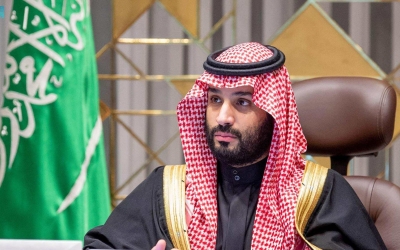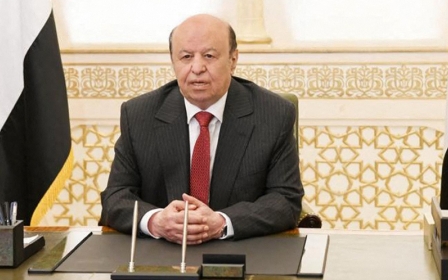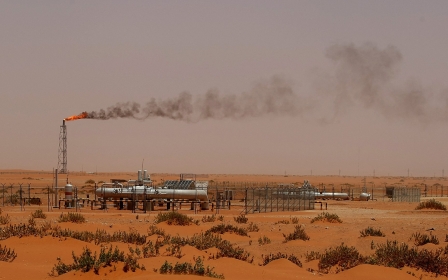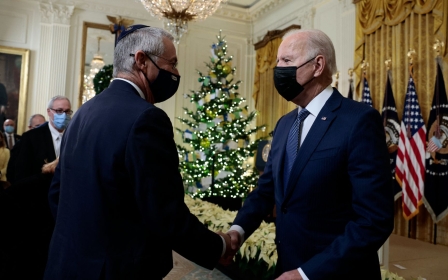Saudi Arabia denies reports of 'strained' US relations
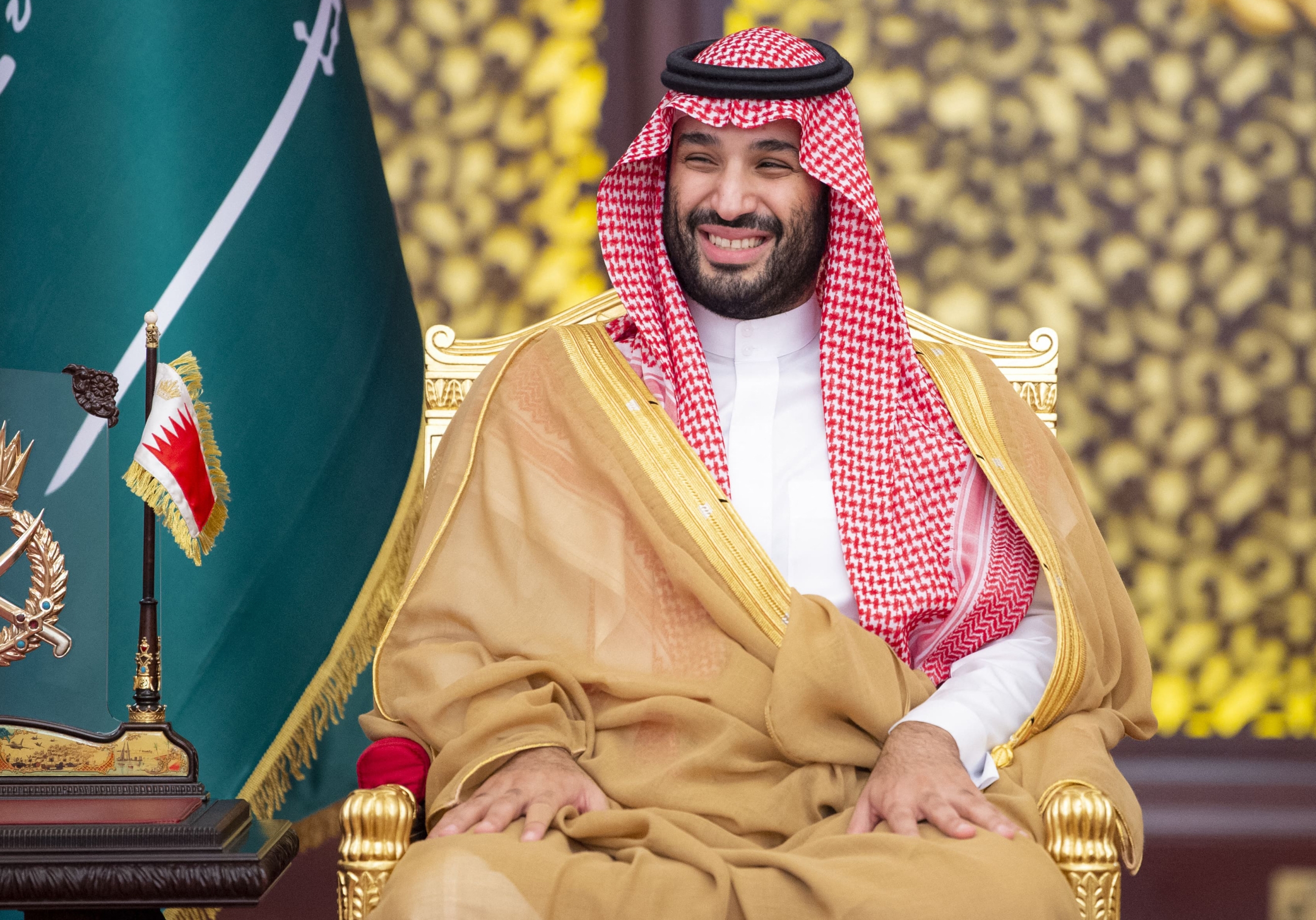
Saudi Arabia has said its relationship with the United States is "historic and remains strong", amid reports that ties between the two allies are under severe strain.
"There is daily contact between officials on an institutional level and there is close coordination on issues" such as security, investments and energy, the Saudi embassy in Washington said in a statement on Thursday.
The statement came two days after the Wall Street Journal reported that the Saudi-US relationship had "hit its lowest point in decades".
According to the Journal, Crown Prince Mohammed Bin Salman (MBS) shouted at national security advisor Jake Sullivan during a meeting last year, when the US official brought up the assassination of Middle East Eye columnist Jamal Khashoggi.
The newspaper said that MBS, wearing shorts, appeared to be relaxed at the start of the meeting but ended the dialogue by shouting at Sullivan when Khashoggi's name was mentioned, adding that "he never wanted to discuss the matter again".
New MEE newsletter: Jerusalem Dispatch
Sign up to get the latest insights and analysis on Israel-Palestine, alongside Turkey Unpacked and other MEE newsletters
He also said the US could "forget about its request to boost oil production", the Journal reported.
Khashoggi, who was known for his criticism of MBS, was assassinated and dismembered at the Saudi consulate in Istanbul on 2 October, 2018, after going there to get paperwork for his upcoming marriage. His remains have never been found.
A White House National Security Council spokeswoman later told the Journal that "there was no shouting" during Sullivan's meeting with the crown prince.
The Saudi embassy said in its statement: "Contrary to this report on the state of affairs between the Kingdom and the United States, the relationship is historic and remains strong.
"Over the course of the last 77 years of Saudi-U.S. relations, there have been many disagreements ... but that has never stopped the two countries from finding a way to work together to achieve the best interests of both nations."
Still, Saudi-US relations have faced several challenges since US President Joe Biden assumed office last year, with the White House halting the sale of offensive weapons to Riyadh and criticising the war effort in Yemen.
The Biden administration also signed off on the release of a CIA document that blamed MBS for Khashoggi's murder.
More recently the two allies have clashed over the kingdom's position on the war in Ukraine, with Saudi Arabia among several regional nations that have not imposed sanctions on Russia.
The kingdom, the UAE and Russia are key members of the Opec+ alliance of oil producers, which has so far stuck to an agreement to only marginally increase output each month.
The White House and the State Department did not respond to MEE's request for comment.
Middle East Eye delivers independent and unrivalled coverage and analysis of the Middle East, North Africa and beyond. To learn more about republishing this content and the associated fees, please fill out this form. More about MEE can be found here.


